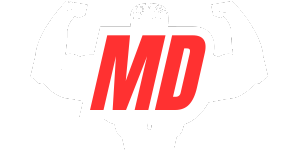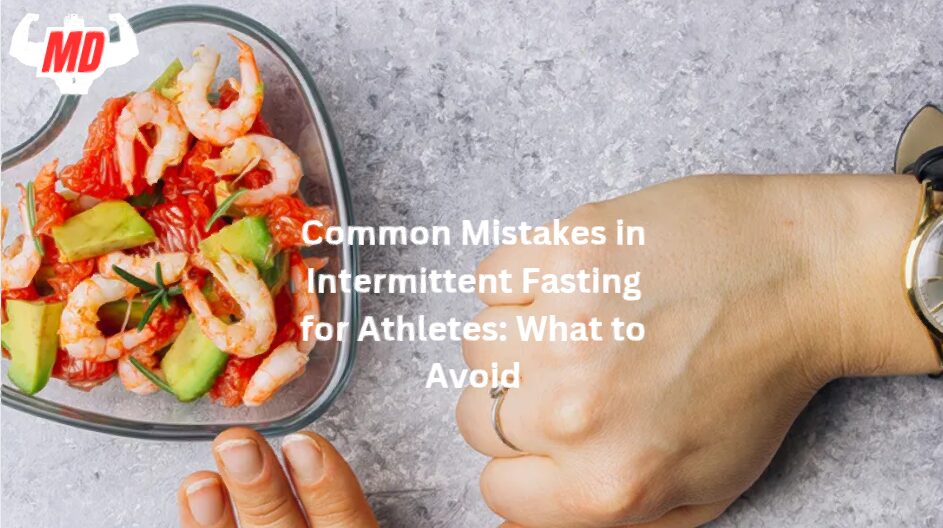Intermittent fasting (IF) has gained widespread popularity among athletes for its potential benefits in fat loss, metabolic health, and performance. However, while the practice seems straightforward, its execution can be tricky—especially for athletes with high energy demands. Understanding and avoiding common mistakes in intermittent fasting can make the difference between optimal results and reduced performance.
Understanding Intermittent Fasting for Athletes
Intermittent fasting involves cycling between periods of eating (feeding window) and fasting. Popular protocols include the 16:8 method (16 hours fasting, 8 hours feeding) and alternate-day fasting. For athletes, it is crucial to align these windows with training schedules to ensure energy availability.
Athletes often turn to IF for benefits like improved fat metabolism, enhanced insulin sensitivity, and weight management. However, challenges arise due to active individuals’ heightened nutritional and recovery needs. Balancing performance goals with fasting protocols requires careful planning.
Common Mistakes in Intermittent Fasting
One of the most common errors is neglecting nutrient timing. For athletes, consuming protein and carbohydrates close to workout sessions is essential for performance and recovery. Failing to align meals with training can lead to suboptimal energy levels and impaired recovery.
Athletes often underestimate their caloric needs while fasting. Intermittent fasting can unintentionally lead to an energy deficit, especially if the feeding window is too short to accommodate adequate food intake. Over time, this can impair endurance, strength, and overall performance.
Impact on Performance and Recovery
Fasting can deplete glycogen stores, especially if workouts occur during fasting. This may result in reduced energy levels, lower workout intensity, and an inability to maintain peak performance. Athletes should plan training sessions during or immediately after the feeding window.
Fasting periods without adequate protein intake can lead to muscle protein breakdown, especially in endurance athletes or those engaging in high-volume training. Without proper recovery nutrition, the risk of muscle catabolism increases, undermining performance and growth.

Nutritional ConsiderationsImpact on Performance and Recovery
Athletes require a balance of proteins, fats, and carbohydrates to meet energy demands and support recovery. Skimping on one macronutrient can disrupt performance. For example, insufficient carbs can impair glycogen replenishment, while low protein intake hinders muscle repair.
Fasting periods often lead to dehydration and electrolyte imbalances, especially for athletes sweating during workouts. Drinking plenty of water and replenishing electrolytes through food or supplements is vital to avoid cramps, fatigue, and poor performance.
Timing and Adaptation
Strategic planning of workouts during the feeding window can optimize glycogen availability and workout intensity. Athletes may struggle with fasted training sessions if low glycogen stores lead to reduced endurance and strength.
During the adaptation phase of IF, athletes may experience disruptions in hormonal balance, including cortisol and testosterone. Allowing time for the body to adapt and adjusting training intensity during this phase can help mitigate these effects.
Avoiding Nutritional Deficiencies
Intermittent fasting can sometimes limit nutrient access, making supplementation a practical solution. Branched-chain amino Acids (BCAAs) can prevent muscle breakdown during fasting, while multivitamins can address micronutrient gaps.
Athletes often overlook the importance of digestive health. Overloading the digestive system with large meals during the feeding window can lead to bloating and discomfort. Thoughtful meal planning with nutrient-dense, easily digestible foods is key.
Managing Lifestyle Factors
Fasting and intense training can elevate stress levels and disrupt sleep quality. Practices like mindfulness, yoga, and a consistent bedtime routine can help manage cortisol levels and improve recovery.
Athletes should avoid the pitfall of overtraining, which can exacerbate the stress of fasting. Maintaining insulin sensitivity through balanced meals and adequate rest is essential for fat loss and metabolic health.

Frequently Asked Questions
Can intermittent fasting negatively affect my athletic performance?
Yes, if not implemented correctly, fasting can lead to reduced energy levels, impaired recovery, and loss of muscle mass. Proper planning is essential.
How should I time my workouts during intermittent fasting?
It’s best to schedule workouts during or immediately after the feeding window to ensure optimal energy and recovery.
What are the best supplements for athletes practicing intermittent fasting?
BCAAs, protein powders, electrolytes, and multivitamins can help address potential nutrient gaps and support muscle maintenance and hydration.



